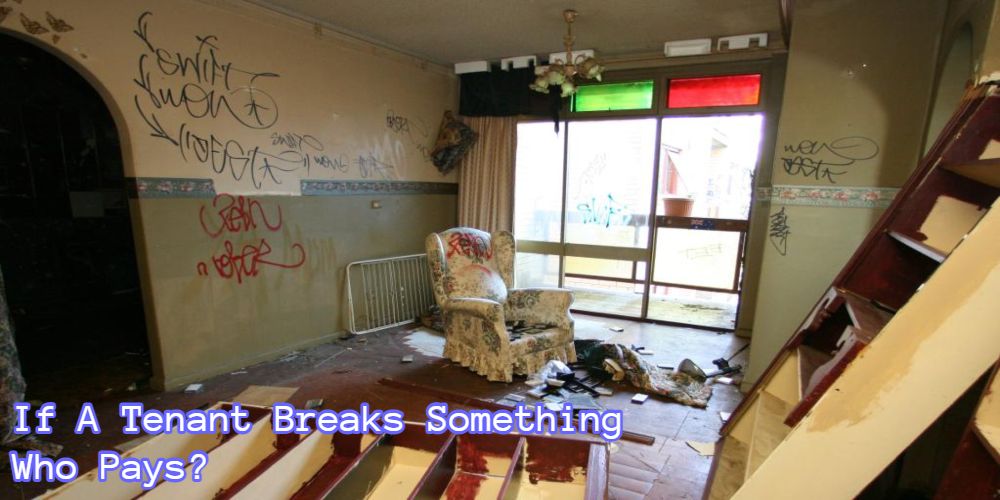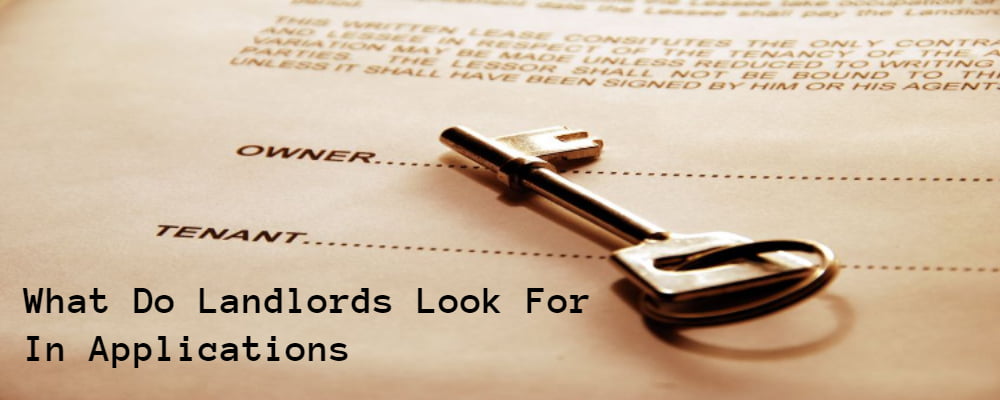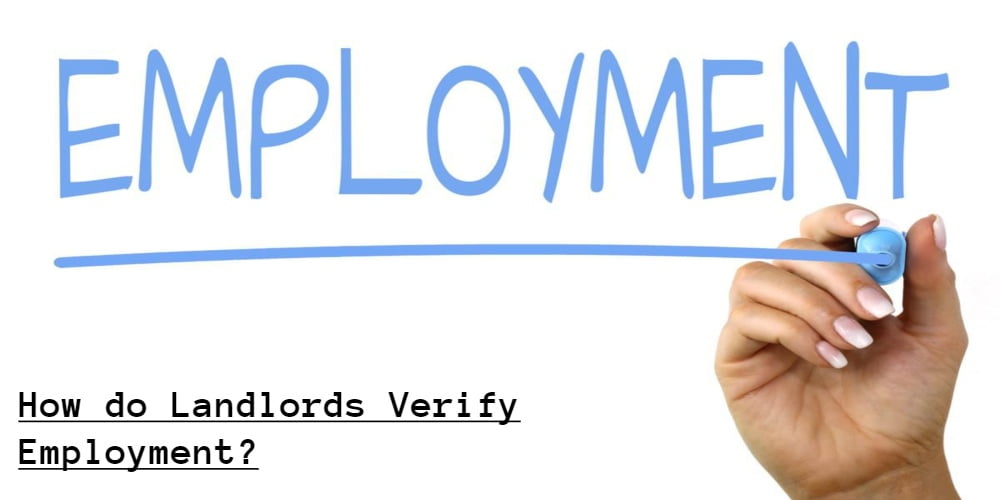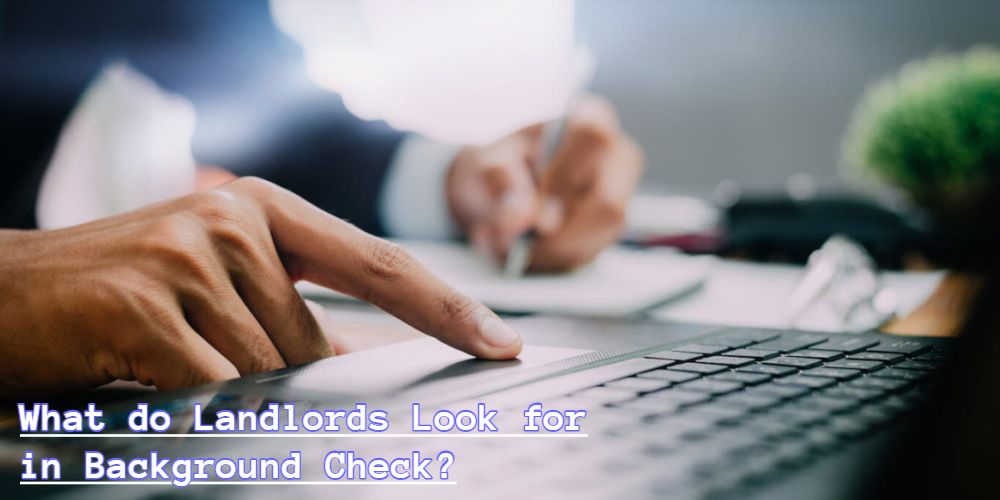Last Updated on September 29, 2021 by Kelvin Nielsen
To verify the credibility and reliability of prospective tenants, landlords will ask for several documents. One such document is the bank statement.
While it might feel a bit uncomfortable handing them such a crucial document, they aren’t really up to any malice. All they want is to look at several things to get a clearer picture of your financial stability prior to renting their rental property. Remember, the success of their rental business greatly depends on your ability to fulfill your rental obligations.
Sometimes, landlords will ask for 2-3 of your most recent bank statements. This is likely to be the case if you are a full-time student, unemployed, or having your income streaming from several invariable sources. In other times, they will dig deeper to have a better understanding of your financial muscle.
So, what will they be looking at in particular? The following are the things that landlords look for in bank statements.
1. Your Monthly Income
Admittedly, the size of your monthly income reflects your ability or inability to make rental payments. So, potential landlords are likely to start by looking at the amount of money streaming into your account each month.
If you are employed and have a steady job, you can simply hand your pay stubs to the landlord or property manager.
What if you are self-employed or you run your own business?
You’ll have to hand in 2 or 3 of your most recent bank statements. And if your income streams in scattered bits and pieces, you’ll further have to add them up and come up with an average monthly amount.
That said, honesty is key when it comes to giving information regarding your monthly income. If, for instance, you tell your potential landlord that your income amounts to $4,000, your documents should prove exactly that. Otherwise, your credibility can be put into question. And that will only mean one thing – a rejected rental application!
2. Your Account Balance
Landlords will also be interested in what you have in your bank account. It isn’t in their businesses, yeah, but whichever amount you have speaks volumes about your ability to pay rent.
If you’ve only got a few hundred bucks to your name, they may judge that you’re a reckless spender who’ll be inconsistent in paying rent. The landlord will assume that, if for instance, you hit a financial low season, you may end up giving them a hard time.
On the other hand, a tangible amount reading in your account presents you as a responsible tenant. It doesn’t have to be thousands of dollars, but having a reasonable account balance could convince landlords that you can pay rent consistently.
3. Your Financial Responsibilities
Another thing that potential landlords could want to have a picture of is your financial responsibility. And understandably so, having responsibilities that could overwhelm you means lesser chances of making punctual rent payments.
Let’s take it practically. If you found yourself having to choose between feeding your family and paying rent, what would you go for? Unsurprisingly, most folks will go with the well-being of their families and push rent payment forward.
To ascertain that you’ll manage to pay rent for the subsequent months, landlords will also want to see your checking account. They’ll also want to make sure that you’ll have money for other necessities after you pay that month’s rent.
In other words, when they look at your account balance and payment history, they’ll want to have a better picture of your financial situation. Knowing that you are a stable tenant will keep them at ease knowing that you will honor your obligations.
4. Unusual Activity
Potential landlords don’t want law-breaking tenants in their units. So, they will thoroughly go through the bank statement to spot any signs of suspicious activity.
While some large cash deposits can be justified, others could trace to illicit activities such as drug trafficking. In the same way, constant huge transactions could be a sign of money laundering. And, undoubtedly, big withdrawals can raise a red flag about you.
What do you do if a potential landlord asks for your bank statement?
A bank statement holds a lot of your personal information. From your balance to your loans to your expenditure, bank statements should remain as private as possible.
But, unfortunately, refusing to hand that statement to your landlord can prompt them to decline your rental application. Fortunately, you can use any of these two options to conceal information that landlords don’t need to see:
- Redact your statements – Using a sharpie, black out any information you want to keep private. You can let them see the dollar that’s coming in but they don’t have to know where it comes from or goes. Covering up confidential information won’t attract any issues.
- Request for an independent reference company – Some reference companies care about the privacy of your information. For instance, they can have automated processes using open banking and AI bots to obtain salary and rental payment information. On the upside, the data is immediately deleted meaning that no human can access it.
What else do landlords check apart from bank statements?
Besides bank statements, landlords will check the following things during the screening process.
- Your credit report – This shows your financial management in the past 7-10 years.
- Proof of income.
- Your rental history – They might call your previous landlords or property managers to figure out the kind of tenant you are.
- Eviction history – Landlords don’t want tenants who will drag them to a tedious and costly eviction process.
- Criminal records – Potential landlords will want to see whether you have been involved in any sort of criminal activity in the past. This could be drug dealing, thievery, or violence.
- Lawsuits – A lawsuit concerning a car accident can lead to financial constraints in the future which might worry some landlords.
Landlords will always want to give your bank statement a look. They only do this to figure out whether you can manage to make consistent and timely rental payments. If you don’t want them to see your private information, use a sharpie to cover it up. Alternatively, ask for an independent reference company instead.

Hi, I’m Kelvin Nielsen, an experienced landlord and accomplished real estate lawyer. My focus is on answering your questions about renting in the hopes of making your life as a renter or a landlord a bit easier.







